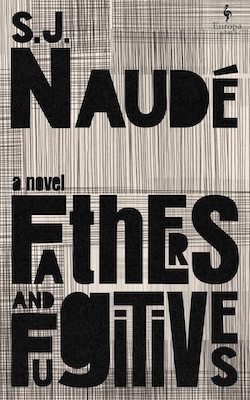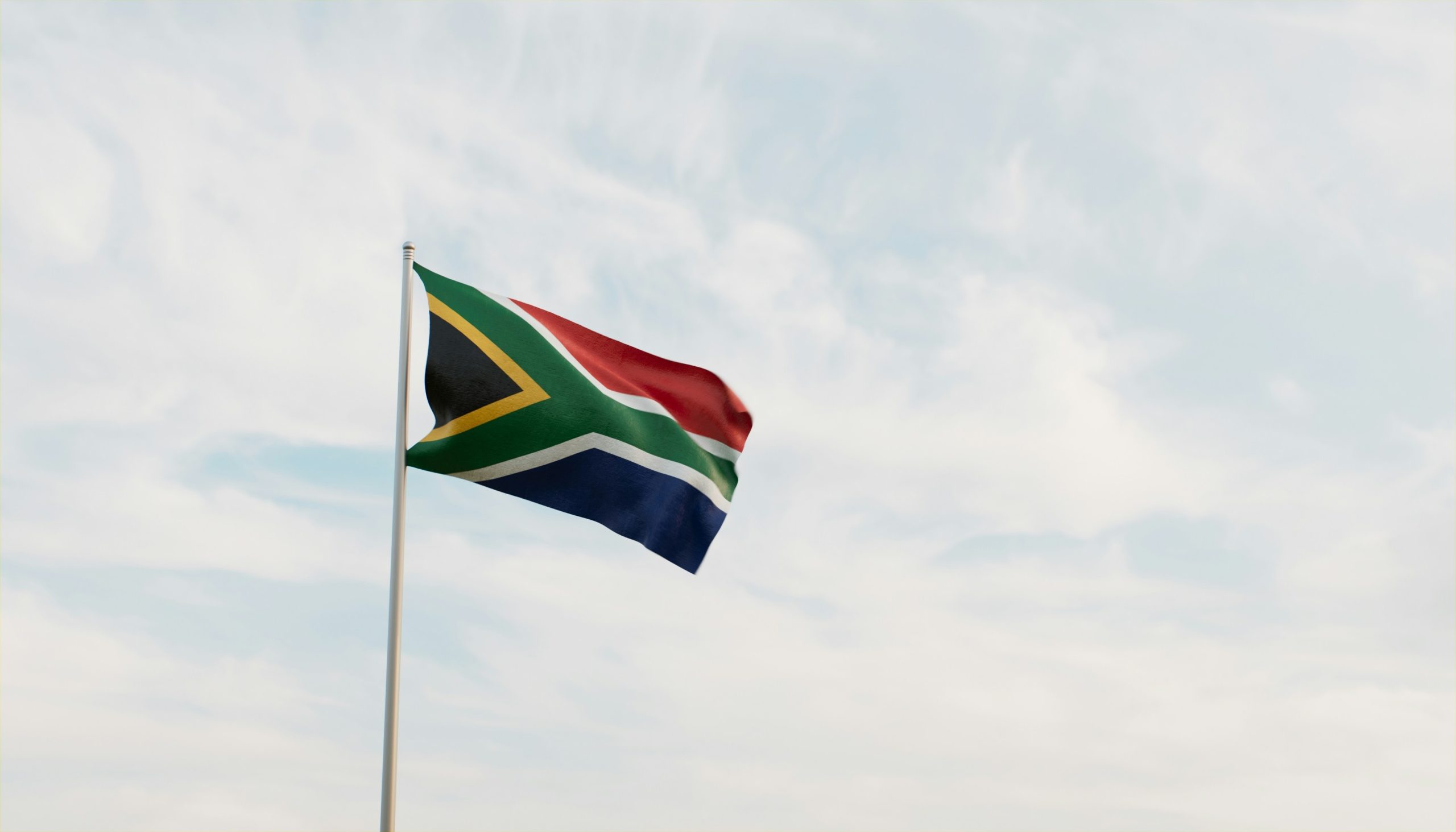In South Africa, novels have always been written in a society of fundamental divisions, in particular racial ones, and in a country where culture, language, land and other resources are perpetually contested. Most South African literature, especially since the mid-20th century, deals with colonialism and Apartheid and their aftermath, whether directly or indirectly. It was, and is, impossible to ignore the weight of history when it is still so present in people’s lives. Sometimes one may imagine you’re escaping it by setting your novel outside the country. Even then, though, the reprieve is partial and brief.

Because of the multiracial, multilingual and multicultural nature of the country, the idea of a great South African novel, one that would encompass a broad variety of South African experiences, is elusive. The perspective is always specific, always limited.
For a small, young and relatively isolated literature, South Africa probably punches above its weight in producing interesting writers and good novels. In part, this is because the complexity of the social and political world in which South Africans live has always tended to heighten the intensity of human experience.
My novel Fathers and Fugitives follows a queer South African journalist living a lonely and drifting life in London. His father’s will compels him to visit a long-lost cousin on the old family farm in the Free State, deep in the South African hinterland. My book is about fatherhood and family, loyalty and betrayal, inheritance and belonging. The fraught history of colonialism and Apartheid forms a barely visible, but inescapable, backdrop.
Here are 8 books from South Africa:
This Life by Karel Schoeman
Schoeman, who as a young man was briefly a novice for the Franciscan priesthood in Ireland, was the kind of author who turned his back on the world to write. Both as a novelist and historian, he was enormously productive. In 2017, at the age of 77, he took his own life, leaving behind a manifest of sorts about dying with dignity.
This Life is a novel about four generations of a white pioneer family in a barren and remote part of South Africa. The book is obsessed with the tough poetry of the landscape. It is narrated by an old woman, now all alone, who, it is suggested, was in love only once, secretly, with her sister-in-law. Now she is trying to finally collect and order her memories. The narrative is cyclical, wrestling with Africa and the place that someone of European descent may or may not have in it. The book may sound bleak, but the quality of the writing transforms it.
In a Strange Room by Damon Galgut
This book by Galgut, the first South African author since J. M. Coetzee to win the Booker Prize, is an elegant and moving novel in three parts. The protagonist, Damon, remembers three journeys—to Greece, Africa and India. He is, respectively, the Follower, the Lover and the Guardian. For one reason or another, each journey ends in disaster. In an arresting formal innovation, the book alternates between a first and third person narrative (sometimes in a single sentence) to dramatise how close and real memories can be. No matter how far you travel, this book seems to say, you can never escape yourself.
The Book of Happenstance by Ingrid Winterbach
One of South Africa’s most interesting and talented contemporary novelists. In this delicate and hypnotic novel, a lexicographer assists a man working in a museum and who is collecting Afrikaans words that are no longer in use. Her treasured collection of shells are then stolen in a burglary. The subsequent search for her shells becomes intertwined with her work at the museum and the motley crew of people she encounters there, and a general survey of her life and its losses. Behind every loss there is an earlier loss, the narrator at one point muses. Part of what makes this book so moving is precisely the slippery, infinite regression of losses it suggests. It also, consolingly, relativises personal loss against cosmic events.
Agaat by Marlene van Niekerk
A magisterial novel by perhaps the foremost living novelist in Afrikaans. These days, Van Niekerk lives in the Netherlands and has apparently fallen silent, but this book could be the closest anyone has come to producing the Great South African Novel. Narrated by Milla, a white woman who has ALS and is bedridden, the book follows the story of the complex power shifts between her and Agaat, the mixed-race woman who is taking care of her. Milla took Agaat in as an abandoned child. Initially she treated her like her own child, but then she became a maidservant and nanny. Now immobile and increasingly unable to communicate, Milla has to reckon with not only her and Agaat’s own history, but by implication the entire country’s fraught history of the second half of the 20th century.
The Children’s Day by Michiel Heyns
Heyns is a highly accomplished South African novelist and the country’s foremost literary translator. He has written numerous surprisingly different novels, but his debut – a tender, unsentimental coming of age (and coming out) story, set in a small Free State town during the Apartheid years of the 60s – is a good place to start. The reader cannot be left unmoved by Simon, a bright, bookish and sensitive boy finding his way through the intrigues of childhood in the dusty streets of Verkeerdespruit. Heyns’s warm, understated humor adds to the satisfaction.
The Reactive Masande Ntshanga
Ntshanga is one of the most exciting young South African novelists. In this book, his debut, we follow a group of young friends adrift in a Cape Town awash with chemicals (they sniff glue, smoke crystal meth, gulp pain killers and observe the city through fresh eyes). Ntshanga has written two more books since his debut, and it turns out this disorienting and somewhat surreal account of young lives in post-Apartheid Cape Town, with its strange and beautiful twists and turns and arresting descriptions, was indeed a harbinger of good things to come.
Nineveh by Henrietta Rose-Innes
Rose-Innes is one of the very best South African novelists writing in English. Katya Grubbs, Rose-Innes’s protagonist in this novel, is in the business of pest relocation rather than extermination. This brings her to the attention of a property developer whose gated residential development outside Cape Town, Nineveh, has been rendered uninhabitable due to an infestation of strange insects. Katya takes up residence in the empty estate and is gradually drawn deeper into its chaotic urban wilderness, exposing the tensions between the natural and man-made worlds.
Disgrace by J M Coetzee
Disgrace is one of South Africa’s Nobel-prize winning author’s masterpieces. It is also a controversial work that has elicited much debate and discomfort, particularly in South Africa. Published in 1999, not long after democratisation in South Africa, it follows David Lurie, a divorced and middle-aged professor of communication and Romantic Poetry at a Cape Town university. Lurie has created a comfortable, if somewhat detached, life for himself. He teaches his classes and pays a weekly visit to a prostitute. When he seduces one of his students, the consequences however fundamentally disrupt his contentment, forcing him to retreat to his daughter’s smallholding, where an incident of violence and unspeakable terror occurs. This chain of events leaves Lurie humiliated and disgraced.
Read the original article here
